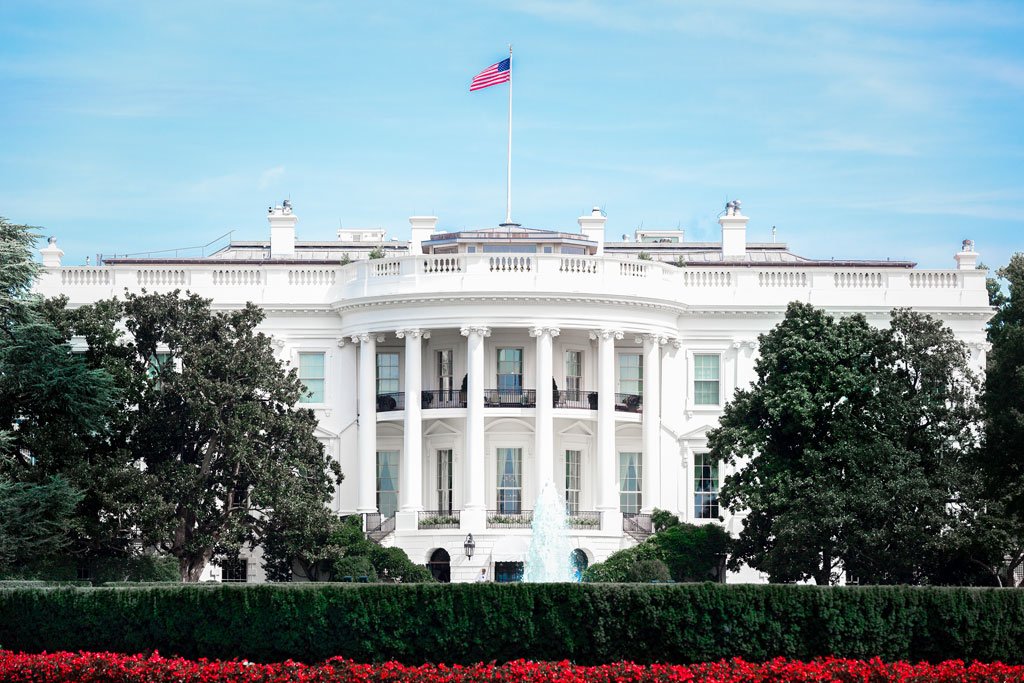As all eyes turn toward the 2016 presidential election, the litany of polls and predictions from political, economic and market pundits intensifies. Nightly newscasts and online media outlets are a veritable blur of “talking heads,” each offering a particular partisan alarmist spin—often portraying the nation as either saved or doomed depending on how the election swings.
Yet, while the outcome of a major election inevitably has some impact on the economy, and in turn our personal wealth, far too many of us either overemphasize or entirely misconstrue the long-term effects of partisan politics on the stock market. Consider the following common assumptions:
• Belief—The stock market typically performs better during a Republican administration than a Democratic one.
Reality—Since 1900, annualized stock market returns for the S&P 500 have been 3.7 percent higher under Democratic presidents than Republican presidents.1
• Belief—Because markets hate uncertainty, markets tend to underperform during major election years.
Reality—Since 1900, stock market growth has averaged 9.5 percent in an election year, compared to 3.4 percent growth in post-election years, 4.0 percent growth during midterm years and 11.3 percent growth in pre-election years.2
PAY ATTENTION TO POLICY MORE THAN PERFORMANCE
Investors may be far better served if they consider the upcoming election from a domestic-policy perspective rather than if they focus purely on market performance. Whichever party takes the reins of the executive branch will almost certainly be paired with a GOP-controlled Congress (at least through the next mid-term election).
And that Congress will be addressing a multitude of significant issues, including healthcare, education and entitlement program reform, as well as the ongoing terror threat.
Perhaps most importantly, it appears highly unlikely that President Obama’s Supreme Court nominee Merrick Garland will receive confirmation to succeed Justice Antonin Scalia.
In addition to that vacancy, Justices Ruth Ginsburg, Anthony Kennedy and Stephen Breyer will be ages 83, 80 and 78, respectively, when the next president takes office; and that affords a potentially unprecedented opportunity to shape the future direction of the court through multiple appointments. Among the many issues likely to find their way onto the court’s docket are legislative revisions to the Dodd Frank Regulatory Reform Bill. Democrats adamantly maintain that existing regulations on “too big to fail” financial institutions and the subsequent additional bureaucracy of the Consumer Financial Protection Bureau are critical consumer protections.
Far too many overemphasize the long-term effects of partisan politics on the stock market.
Republicans counter that the bill represents bloated regulatory overreach amounting to homogenized ineffective solutions with markedly higher consumer costs. In all probability, our next president will be either facilitating reform/repeal of the Dodd Frank bill or wielding a veto stamp against the same efforts. Ultimately, the ideological leaning of the Court may tip the scales one way or the other.
As for stock market performance, under Republican administrations, financial stocks, defense industries, energy, utilities and U.S. multinationals tend to outperform. Conversely, when Democrats hold the White House, healthcare, infrastructure and renewable-energy stocks, along with municipal bonds, generally fare well.3
Our investment committee recognizes these patterns but focuses more on global economic conditions and where we are in the current economic and interest rate cycles. Knowing these are far greater determinants of market performance than election-related media noise, we prefer to not have the latter cloud our macro allocation strategies and specific sector weightings. When all is said and done, however, we can invest only in the markets we have, not the ones we want. Stay focused on what your portfolio needs to accomplish and speak regularly with your advisor about how best to achieve those objectives within this ever-changing market environment.
1The Bespoke Report, Q2 2016
2Ned Davis Research, Inc.
3Daniel Clifton, “Governing & Campaigning in a Slow Growth Economy,” Strategas Research Partners, March 2016.
Registered Representative/Securities Offered through Signator Investors, Inc., Member FINRA, SIPC, 2121 Avenue of the Stars, Suite 1600, Los Angeles, CA 90067; 310.712.2323. SEIA, LLC and its investment advisory services are offered independent of Signator Investors, Inc. and any subsidiaries or affiliates. The information in this article has been derived from sources believed to be reliable, but no representation is made as to their completeness or accuracy. Investing involves risk and possible loss of principal capital. This information should not be construed as investment advice and is not a solicitation or recommendation for the purchase or sale of any security or investment product. We are not responsible for the consequences of any decisions or actions taken as a result of the information provided herein. SEIA, LLC does not offer tax or legal advice. We recommend consulting with an independent tax advisor or attorney regarding your specific situation.
This article was originally published in the August/September 2016 issue of Worth.
















